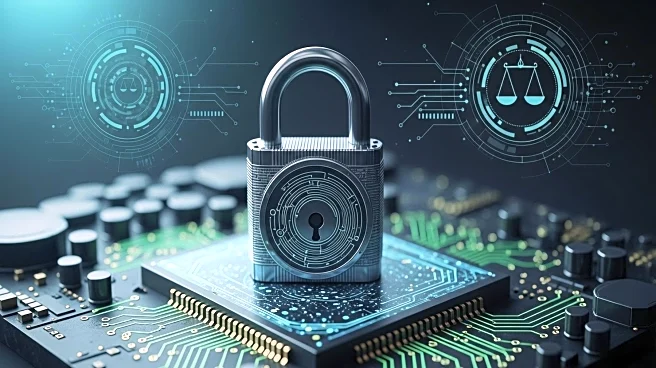What's Happening?
A China-nexus cyber espionage group, UNC5221, has infiltrated American law firms using a stealthy backdoor called BRICKSTORM. This campaign, tracked since March 2025, allowed hackers to maintain access to victim networks for an average of 393 days before detection. The attackers exploited vulnerabilities in network appliances and management systems, which are often overlooked in cybersecurity protocols. The revelation coincides with the expiration of the Cybersecurity Information Sharing Act, complicating information-sharing arrangements between private companies and federal agencies.
Why It's Important?
The BRICKSTORM campaign exposes significant vulnerabilities in the cybersecurity infrastructure of law firms, highlighting the need for comprehensive security measures beyond traditional endpoint protection. The prolonged access by hackers underscores the sophistication of nation-state cyber espionage tactics, which prioritize stealth and long-term intelligence gathering. This incident raises concerns about the security of sensitive data within legal services, potentially impacting U.S. national security and international trade.
What's Next?
Law firms must conduct comprehensive audits of network appliances and management systems to defend against similar threats. Implementing network segmentation and deploying specialized monitoring tools are essential steps to prevent credential exposure. The legal industry must evaluate the security posture of technology partners and adopt zero-trust architectures to mitigate risks. As cybercriminals evolve their tactics, law firms face the challenge of balancing technological convenience with security.
Beyond the Headlines
The incident highlights the legal and ethical implications of cybersecurity breaches in the legal industry. The role of law firms as connectors between high-value networks amplifies the impact of breaches, necessitating stricter cybersecurity standards akin to those of financial institutions. The strategic shift in nation-state cyber espionage tactics calls for a reevaluation of cybersecurity approaches across industries.










